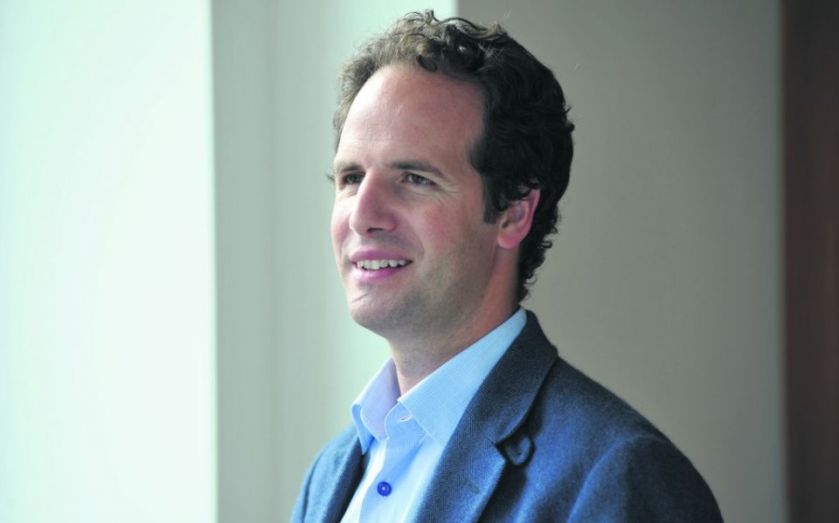King Digital investor and Index Ventures partner Ben Holmes is hunting for tech unicorns

Ben Holmes first heard about King Digital Entertainment, the company behind three of the global top-grossing iPhone apps, including Candy Crush Saga, over a decade ago.
At that time in 2004 Holmes, a partner at the new London offices of Index Ventures, represented one of the few venture capital firms still investing in consumer-facing internet businesses – a sector recovering from the hangover of the dot-com bubble.
“In hindsight many of the defining deals for Index were done in that period, which was a low point for the rest of the industry,” says Holmes.
Skype, Betfair and Last.fm were among the game-changing investments for Index at the time. But it would be a gaming website, then known as Midasplayer.com and based in Sweden, which would catch Holmes’s eye.
“An awful lot happened in the time since 2005 when we first invested. The team, co-founded by Riccardo Zacconi, has managed to successfully navigate two or three major platform shifts – first to Facebook gaming and then to smartphone gaming – which is something very few other companies that have done successfully,” says Holmes.
“But what spoke to me the very first time I saw them was the core quality of the games Zacconi was creating. They were fun and compelling, and players were coming back to them. That’s always been at the heart of their business and it was very evident back in those early days.”
By 2008, and now called King Digital, the business was only starting to experiment with smartphone games and would still take a further four years before releasing Candy Crush Saga – the game that would propel the group to quarterly revenues of over $600m and eventually a $7bn stock market valuation in New York – but Holmes already had his eye on another European tech startup called Just Eat.
“Just Eat didn’t get a lot of love from the investment community. It was a small business in Denmark that was just setting up in the UK at the time,” says Holmes. At the time the idea of a takeaway food service that linked customers with delivery outlets faced scepticism from investors, who failed to understand how the business could scale to a national or international business, and why the business didn’t target what was thought to be a much more profitable business-to-business market for food delivery.
“People thought Just Eat should have been focusing on the likes of investment bankers and lawyers who order food at night, spending tens of millions through company accounts. That is a decent-sized market, but it actually turns out that the lower order value consumer market is much bigger.”
Just Eat also benefited from the same catalyst as King, a shifting consumer expectation that the smartphone is a remote control for their life as people came to expect to be able to organise every category of their lives from an iPhone.
“What I could see at the time in certain circles, most definitely within the student population in the UK, is that this shifting consumer expectation was already taking off,” says Holmes who led Index to a £5m investment in the group in 2009.
Just Eat, now a FTSE 250-listed business with a market valuation approaching £2bn following its London stock market debut in April 2014, became Holmes’s second star start-up as it spread across Europe.
“The optics of the past 24 months probably won’t be better for a very long time,” says Holmes. “I hope we’ll have a lot of great news flow over the next 12 months in terms of good exits for companies and good IPOs for companies both in Europe and the US.”
Indeed Holmes, whose current portfolio includes over a dozen investments for Index, including Michael Acton Smith’s Mind Candy and flash travel sales business Secret Escapes, continues to scour Europe for his next so-called unicorn – the name given to a tech start-up that one day hits a billion dollar valuation.
“I can have five presentations from founders seeking investment every morning, which is really five years of research from the brightest people on the most interesting aspect of how the world and society is changing,” says Holmes, confident that after backing some of Europe’s biggest billion-dollar start-ups, he could soon find another.